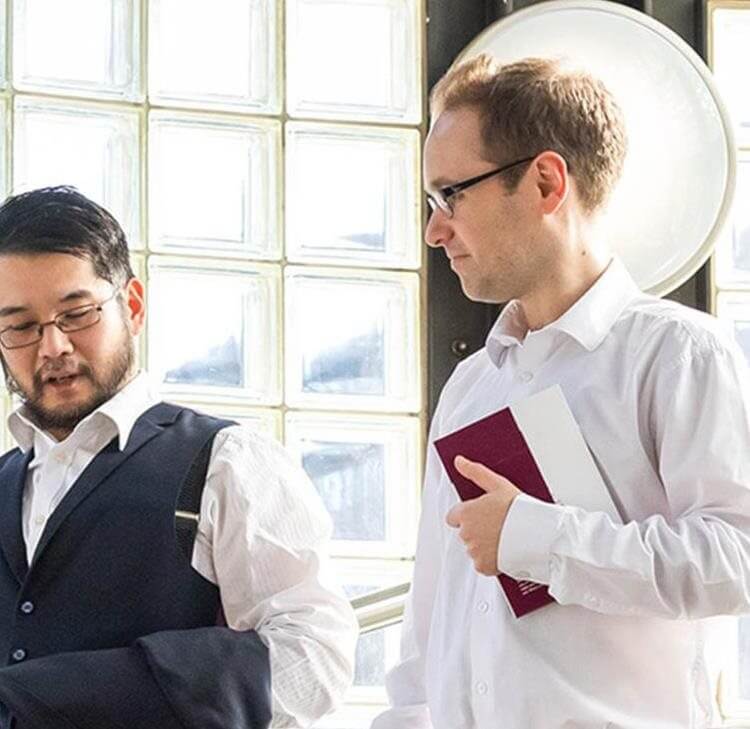It is not entirely uncommon for somebody to fail to leave behind what appears to be a copy of their Will, without leaving behind a signed copy that can be located.
This lack of an original signed Will can create fertile ground for a court dispute on the question of whether a grant of probate can be made based on an unsigned copy of the Will. This is what happened in Packer v Packer, which was the subject of a 3 day trial in February 2025.
What happened in Packer v Packer?
In the recent case of Packer v Packer, a lot of these issues (and others) fell to be determined by the High Court.
The facts
The deceased in this case was Stephen Packer, husband of Debra Packer. They had no children, so she would inherit Stephen’s estate entirely in the event he had died intestate (i.e. without a valid Will).
However, Lynn Packer (Stephen’s sister) contended he had in fact made a Will, about a month before his death in July 2022. She helped him prepare the Will on her computer, and she produced an unsigned version of it. Her evidence was that she gave a printed copy of the Will to Stephen so he could arrange for it to be signed and witnessed.
The law
The court provided a succinct assessment of how it should decide which side of the rebuttal presumption this case fell on;
“….where the competition is between a will being executed and (i) destroyed during lifetime because the testator wanted to revoke it, or (ii) remaining, but lost/cannot be found, or (iii) found and destroyed by a person who has an interest in its destruction, then the court may be willing to start with (i), on the basis of a presumption of revocation. But how strong that presumption is will vary from case to case, and its main utility is encouraging the court to consider what is most likely on the facts of each case. It will be a rare case where, for example, the competition is between scenario (i) and (ii), where the case will turn solely on the presumption. Case law and commentary suggest a key factor in assessing its strength, or the application of an inference in favour of revocation applies, depends on the character of custody the testator had over the will. This will inevitably be a fact sensitive enquiry.”
A problem with Lynn’s case
In her pleaded Defence, Lynn said that she told Stephen to have the Will witnessed by “independent witnesses” i.e. not family members who benefited under the Will. By the time of the trial however her position had changed, with Lynn stating that the Will was to have been witnessed by family members, and that those family members did in fact witness the signing of the Will.
This inconsistency in position proved fatal to Lynn’s claim. The judge decided her pleaded case did not match the case advanced at trial, and it followed therefore that the case advanced at trial could not (as a procedural point) be properly put forward. As such, her claim had to fail for that reason alone.
It should be noted that Lynn elected not to instruct a solicitor to help her with her case, and only instructed a barrister to represent her at trial (on a “direct access” basis).
For good order the court went on to consider how it would have decided the case but for this inconsistency in Lynn’s position. Despite having presented evidence from two people who said they were the attesting witnesses, the court said it would not have found in favour of this, as the evidence presented seemed unreliable; those two (apparent) attesting witnesses were Lynn’s long-term partner and their son, both of whom would have benefited (directly or indirectly) if the Will was admitted to probate.
For good order, the court also found that even if it was wrong on that point (in other words, if the Will was in fact validly executed and witnessed) then the presumption in favour of revocation of the Will would not have been rebutted. In fact, the court felt that evidence supported the presumption, for the reasons detailed in paragraphs 134 to 140 of the judgment.
Closing thoughts
Articles of this nature often end with the suggestion that “taking legal advice at an early stage” is essential in situations of this kind. This case is a textbook example of what can happen otherwise.
The law in this area is very technical, and because cases will nearly always turn on the strength of evidence, and in particular witness evidence, getting a clear handle on that evidence and presenting it in the right manner will be key.
Contact

Daniel Edwards
Partner
daniel.edwards@brownejacobson.com
+44 (0)330 045 2533





















